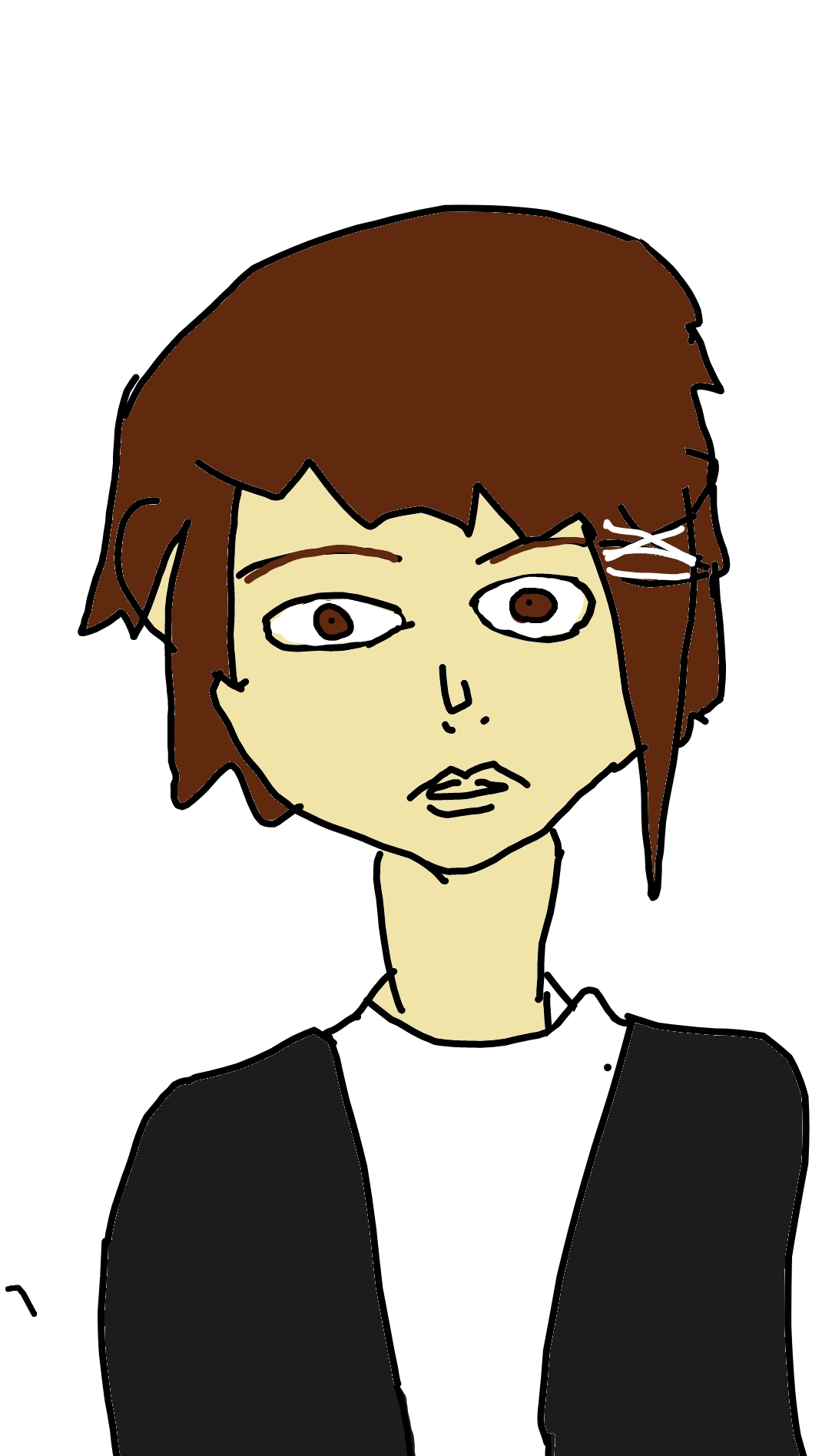I posted this as a comment on the last episode of Lain on some site about a year ago, later to see it was removed for allegedly being a spam. The chatGPT stuff from before reminded me of it so I went to fetch it:
Ok, so this is my second watch, so here's what I got out of it. It should be noted that I only have a very shallow understanding of Christianity, Gnosticism, idealist philosophy and the internet. I don't know if this is enough to understand this anime, but I'll try.
First off, we can all see the biblical symbolism of this anime : Lain is basically the Christ : She is from an ideal world (ideal in the sense of idealist philosophy, which is to say "may of pure idea", as opposed to the material world). She is sent to the material world with the purpose of bringing humans away from the corruption of the flesh and towards the ideal. Here, the ideal is what they call the subconscious link which connects humanity. The wired (which is pretty much the internet) is just a way to lead people to that ideal; it connects people via machines, but once they are truly connected, the connection can persist directly between souls and neither the machines or even the bodies are necessary anymore.
Masami Eiji therefore pushes towards that : The total forfeit of the material world in favor of the ideal world. Therefore, he wishes Lain to act as Jesus not in his first coming, but in his second coming, the Apocalypse.
But then it gets interesting...
Shunning the material world and praising the ideal is present to some extent in Christianity; and was taken the furthest by one of it's early, now extinct version : Gnosticism. I'll explain it fast : Basically, the supreme God and the Demiurge (creator of the world) are two very separate entities, respectively called Monad and Yaldabaoth. Monad exists in a world called "Pleroma", which could be translated as "Plenitude", along with the eons, which are just alternate aspects of himself. Yaldabaoth was created by accident by one of the Eons. It was imperfect, and therefore banned from pleroma, so it then created a world for itself outside of it. That is the world we are born in, but we have the possibility of becoming ideal and going back to Pleroma, and Monad sent the Christ and the Holy Spirit to guide us there.
The Gnosticist mindset is clearly the one held by Mashima Eiji. He wishes to take the role of the Holy Spirit and have Lain take the role of the Christ.
But the words of Alice convince Lain to reject that role : She realizes the physical world is precious as it is and decides to leave it intact.
I think the father she the sees is therefore akin to the Father in the holy trinity (or Monad). The sentence"You love them, don't you" means he understands her desire to leave the world as it is and acknowledges that there might be worth in the physical world.
In a way, it explores the same themes as Evangelion, and I think there is some inspiration from it. It just has a different take on similar themes, and I think it's complementary to it in some ways.
I didn't really explain what Lain was... I'm not sure I perfectly understand it myself, but I think Mashima Eiji did create her, as a vessel for a part of the souls that is common to every human... I'm not sure what part tho... Is she the incarnation of specific emotion common to all humanity ? Or rather an amalgamation of different emotions from everyone ? I don't know.

Wow. This is actually a really nice analysis.
That's definitely a valid theory. It ties in really nicely with Masami Eiji as the Holy Spirit and Lain as Christ. I have always struggled to understand Lain's family and their motivations and what they are supposed to represent.
The ambiguity about her true nature only strengthens the comparisons to Christ.
I kinda view her as just an isolated consciousness inside a physical vessel. In Freudian terms, she's like an ego without an id or super ego. She has conscious thoughts, but in comparison with normal humans, she seems to have much less motivation from either her subconscious base desires (id) or from external social influences (superego).
She never 'grew up', which is typically when people develop all of these subconscious attitudes that define their behavior throughout their lives. Instead, she just kind of landed in a human body with a fully developed rational capacity, but no inculcated fears or desires. I think this has similar implications to what you're saying, because she shares common traits with all of humanity, but lacks the specific personal details/experiences that make people unique (and sometimes divide people)